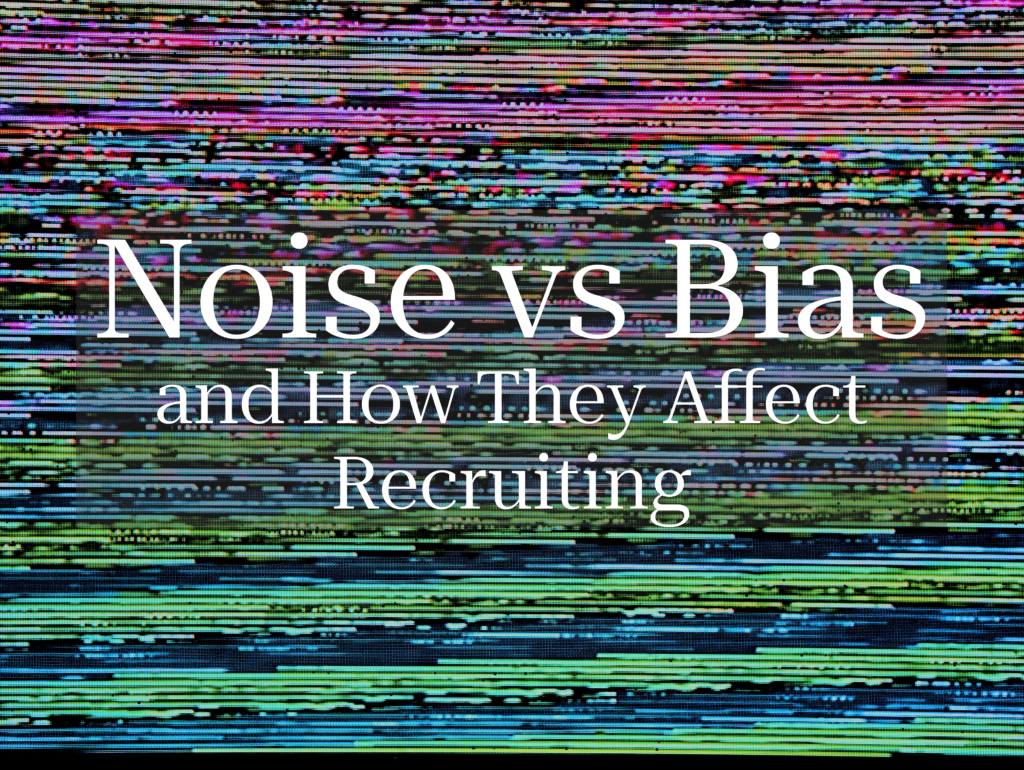Compliance timelines and application are crucial. The transition period offers some leniency, with the act set to become law in the spring of 2024, with an up to 2-year grace period for companies to reach compliance. Regardless of your location, if you operate within the EU and utilize AI, compliance is mandatory. Ignoring the Act can lead to fines of up to €35 million or 7% of global annual turnover and reputational damage, jeopardizing your brand and future endeavors.
So, let’s avoid that! This blog will walk you through what you need to know about the EU AI Act to start preparing for an AI-responsible future.
Navigating the EU AI Act Risk Tiers
The Act categorizes AI systems into four risk tiers: unacceptable, high, limited, and minimal.
- Unacceptable/Banned: This includes social scoring (assigning numerical scores to humans based off certain factors), mass surveillance, and manipulative AI used to spread misinformation and influence human behavior/emotion. These are illegal and can’t be used at all.
- High-risk: These require extra attention. This includes tools that take away control from humans, like some recruitment algorithms, comprehensive risk assessments, and data governance measures. According to the European Commission, upwards of 15% of AI systems operating in the EU will fall under the high-risk category.
- Limited risk: Systems such as chatbots or automated marketing tools require less stringent measures but still necessitate transparency and bias mitigation.
- Minimal risk: Games and spam filters, for example, while still needing to adhere to ethical principles, face minimal regulations.
For employers, understanding your AI’s risk tier is crucial. Predictive hiring algorithms, for instance, fall under the high-risk category. If you utilize recruitment algorithms, be prepared for robust transparency requirements under the high-risk category. Similarly, performance assessment tools might fall under medium risk, necessitating bias testing and explainability features as outlined in the EU AI Act text. Knowing your tier empowers you to proactively address compliance requirements and safeguard your organization.
Partnering for EU AI Act Compliance
The complexity of the AI Act, coupled with its dynamic nature, makes partnering with vendors who are on the ball crucial. Opting for AI providers proactively demonstrating compliance through certifications and transparent practices offers several advantages. This not only mitigates the risk of future legal challenges but also positions you as a responsible organization committed to ethical AI practices, potentially attracting top talent and boosting your brand image.
The Road Ahead: Embracing Uncertainty with Confidence
While the full scope of the Act’s impact is still evolving, early preparation sets you on the path to success. Continuously monitor updates, seek expert guidance from organizations like the European Commission’s Joint Research Centre, and stay informed about industry best practices. Proactively navigating the shifting landscape of the EU AI Act doesn’t need to just be about compliance; it’s an opportunity to seize a strategic advantage. By prioritizing transparent algorithms, robust data governance, and user privacy, you can position your organization as a champion of responsible AI, attracting top talent, boosting customer trust, and leading the charge in this rapidly evolving market. Don’t just comply – innovate responsibly.
At mojohire.ai, we’re committed to getting ahead of the EU AI Act while providing instant AI matching ethically and compliantly. Reach out to us at mojohire.ai to learn about how we supercharge your ATS with AI matching while maintaining full compliance to all AI legislation—from the EU AI Act to the New York City AI Law.






